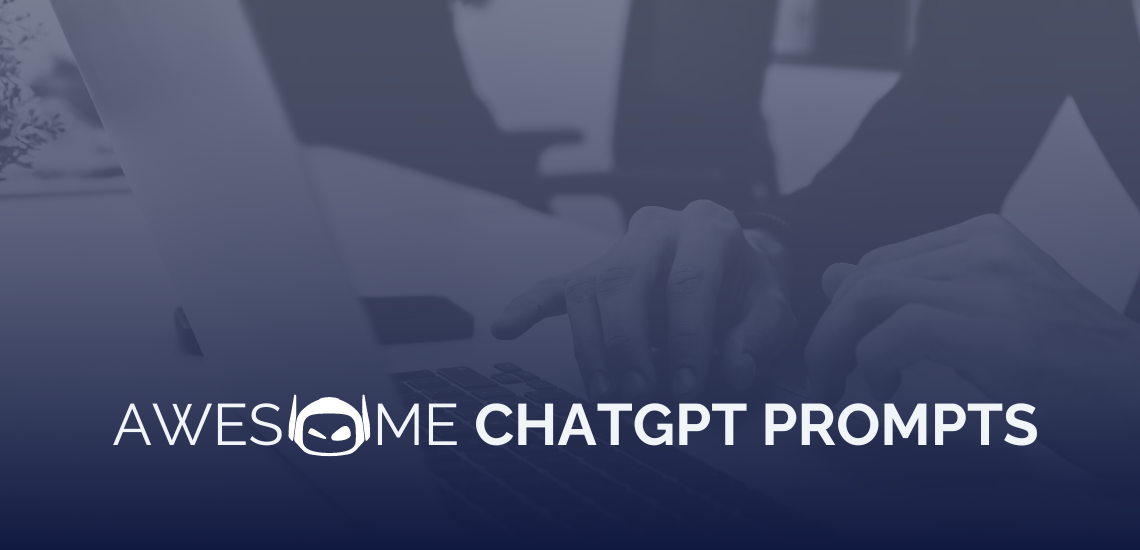
Do you want to get the most out of ChatGPT...
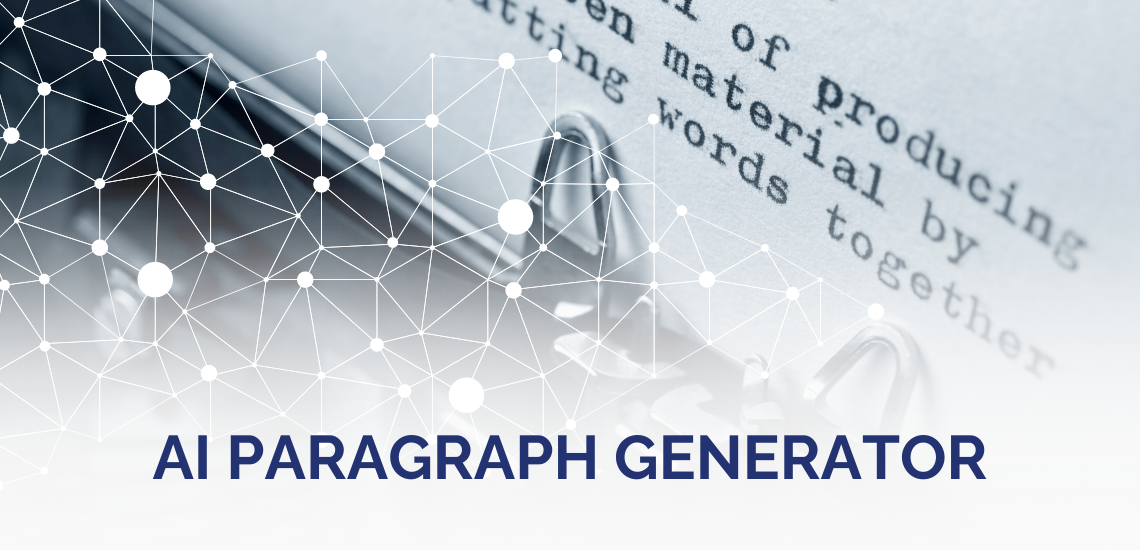
Writing well-structured, engaging, and informative paragraphs can be challenging, especially...
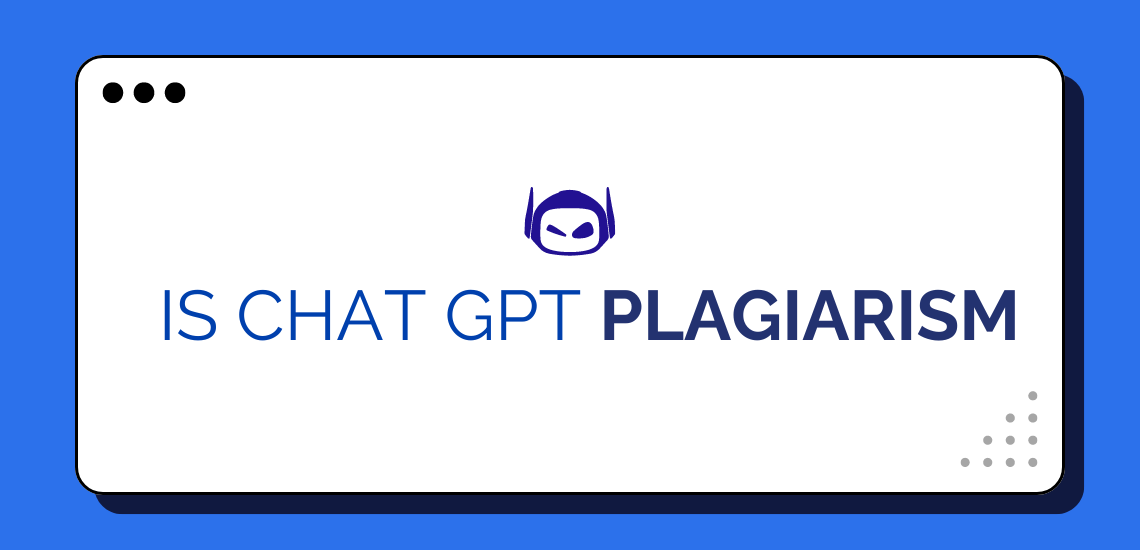
Millions of students have the privilege of studying with the...

General Guide About Content and Writing
Assessment and Learning in Knowledge Spaces, (ALEKS), is an online learning...

Step-by-Step Instructions for Writing
Do you want to have a chance to secure the...

General Guide About Content and Writing
As of March 2024, ChatGPT had 180.5 million users. That’s...

Step-by-Step Instructions for Writing
AI has come a long way since its origin. The...
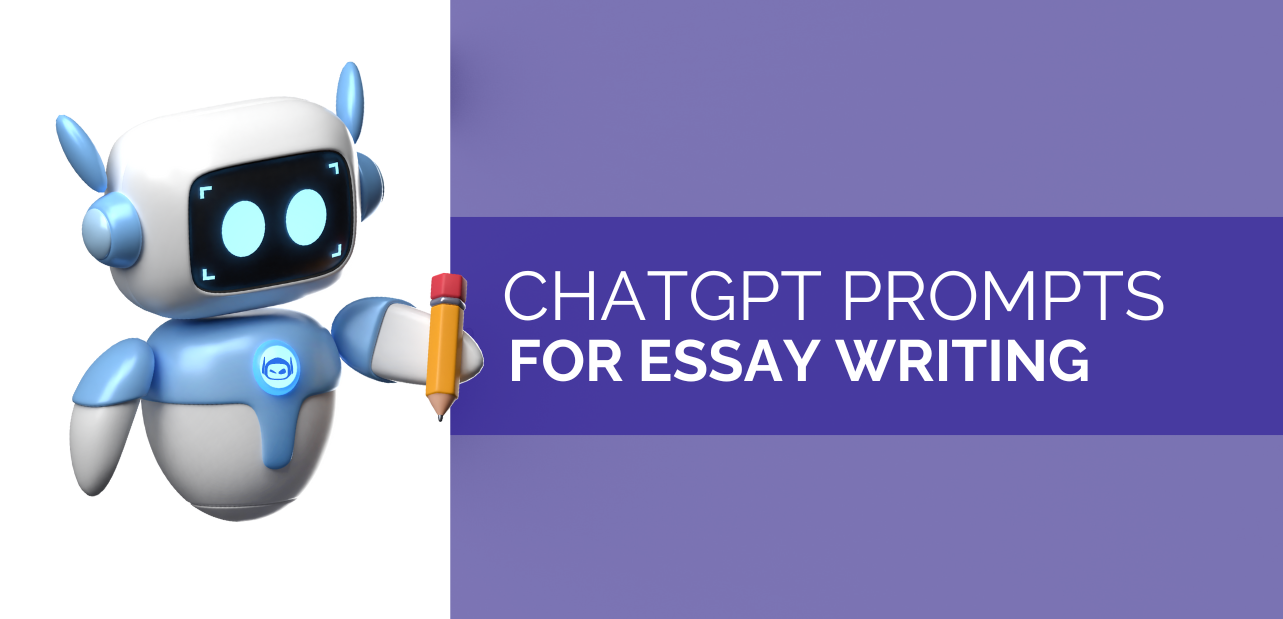
General Guide About Content and Writing
Academic writing has changed. Artificial intelligence (AI) has ushered in...
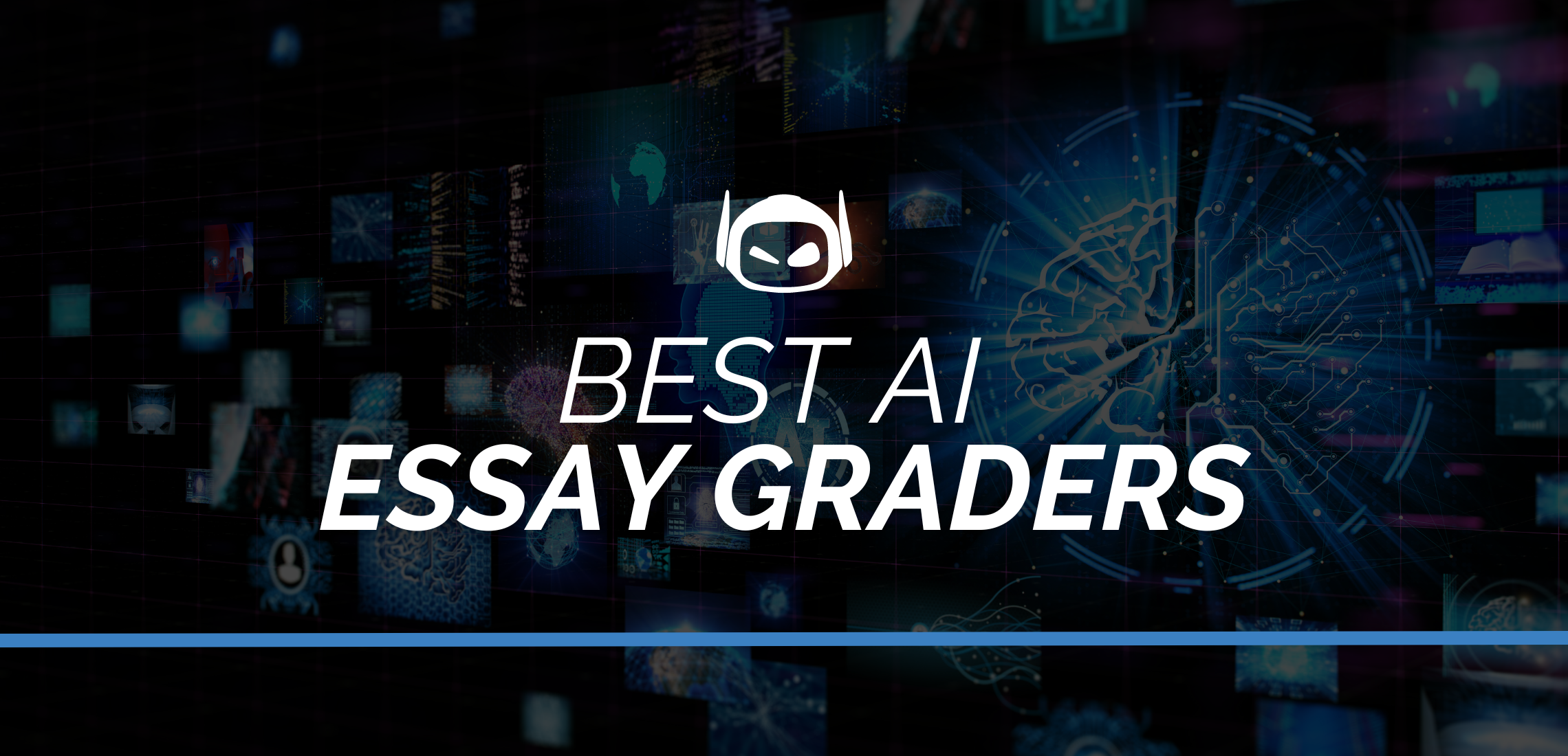
General Guide About Content and Writing
Grading essays is a time-consuming task for teachers and a...
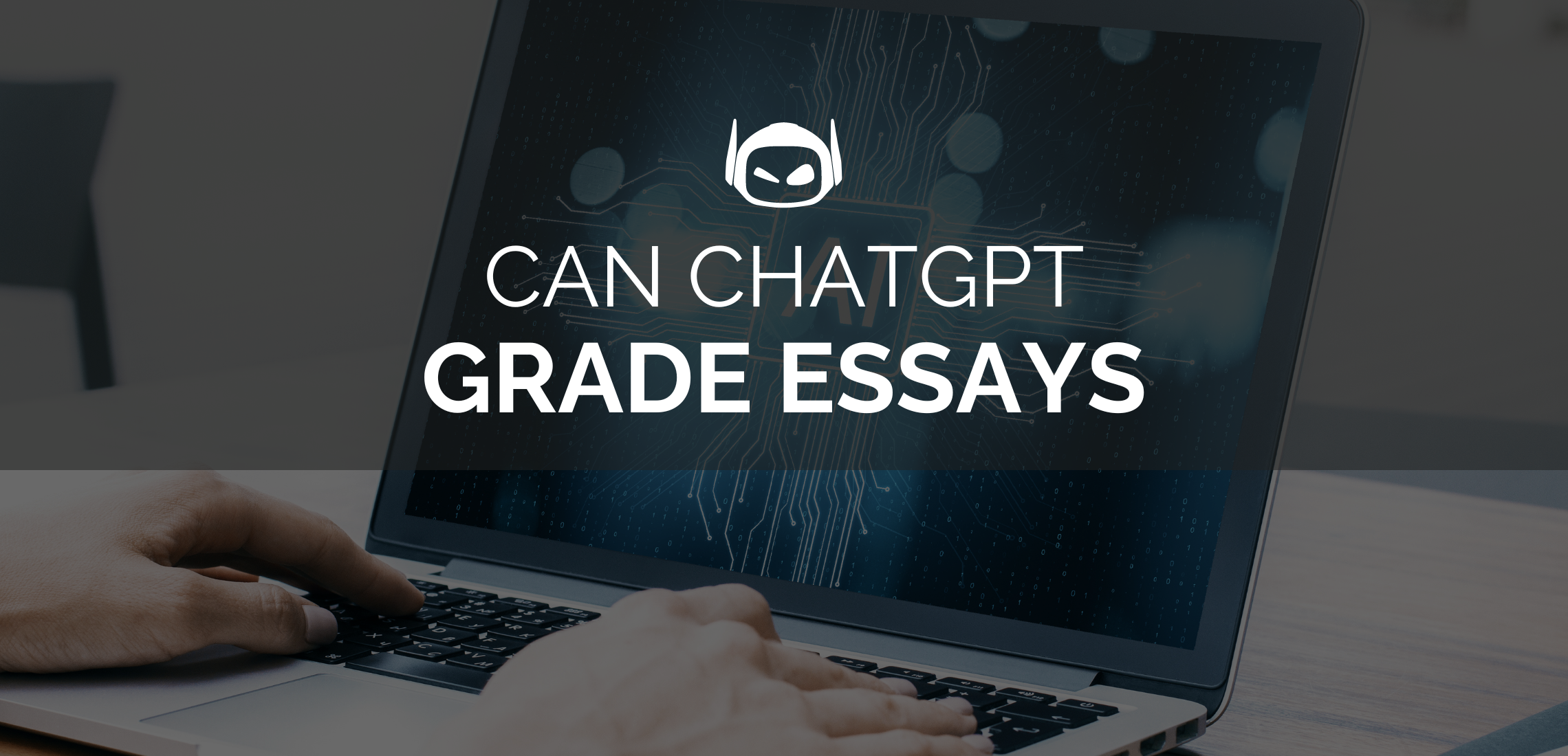
General Guide About Content and Writing
Artificial intelligence (AI) is here to stay. It has made...